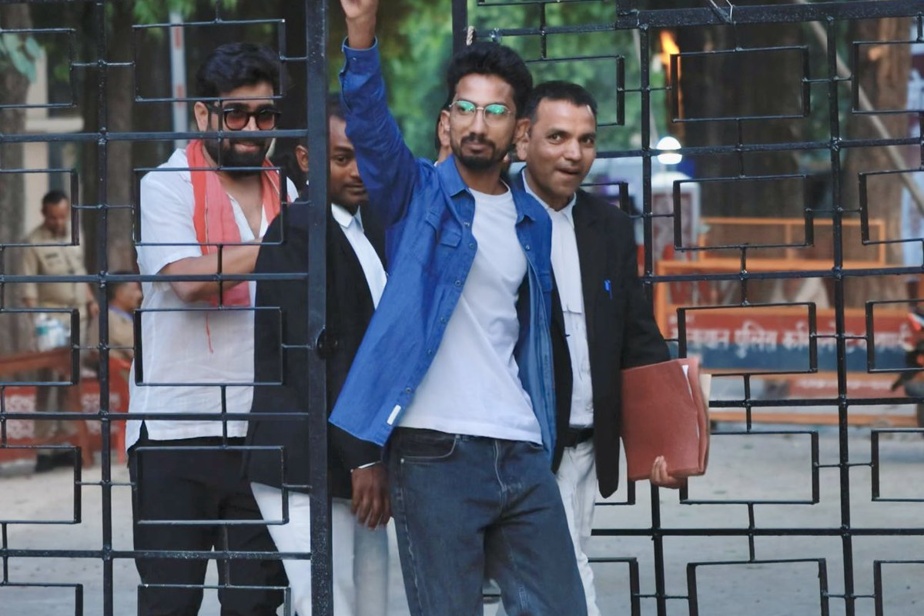Shyam Rangeela Challenges Modi in Indian Elections
In a bold move, 29-year-old comedian Shyam Rangeela decided to take on the incumbent Prime Minister Narendra Modi in the Indian elections. Rangeela made the journey from his native Rajasthan to Varanasi, not to visit the Hindu pilgrimage site, but to challenge Modi in the election. Rangeela, with the support of his family and village elders, aimed to shed light on the current state of Indian politics, which he described as a “farce.” Despite having his candidacy rejected by authorities, Rangeela documented his struggles on social media, where he has a substantial following. His critique of Modi’s control over key democratic institutions has resonated with many, including opposition parties like the Indian National Development Alliance (INDIA).
The Battle for India’s Soul
Prominent politician Shashi Tharoor, a member of the Congress Party, has been campaigning across the country, highlighting the threats to India’s social harmony posed by Modi’s promotion of Hindutva ideology. Tharoor, a vocal critic of Modi’s government, has faced legal challenges and intimidation for his dissenting views. Despite the pressure, Tharoor remains steadfast in his commitment to holding the ruling party accountable and safeguarding India’s democratic principles.
Narendra Modi’s Vision for India
On the other side of the political spectrum, former Congress Party member Ratanjit Prata Narain Singh has thrown his support behind Modi and the BJP, praising their economic achievements and nationalist agenda. Singh credits Modi for India’s rapid economic growth and infrastructure development, dismissing allegations of discrimination against minorities. Modi’s leadership style, characterized by a strong centralization of power, has drawn praise from supporters but criticism from opponents who see it as a threat to democratic values.
As India’s diverse political landscape continues to evolve, the upcoming elections will test the resilience of its democratic institutions and the competing visions for the country’s future.





















